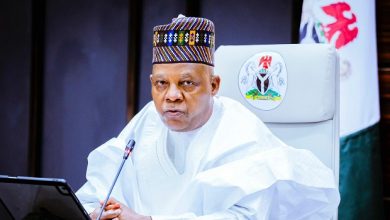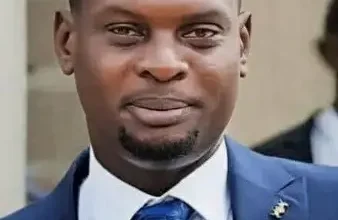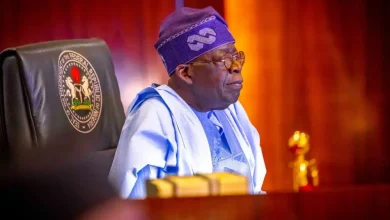News
Stakeholders urge young innovators to drive Nigeria’s green future

Stakeholders in Nigeria’s energy sector have called on young innovators to accelerate the country’s transition to renewable energy.
The stakeholders made the call at a Green Skills bootcamp on Thursday in Abuja, with the theme “Spark the Green Economy: Robovolt Brand Reveal and AI-Driven Micro Grid skills”.
The Director General of the Energy Commission of Nigeria (ECN), Dr. Mustapha Abdullahi, highlighted the country’s abundant energy resources, including solar, wind, hydro, biomass, lithium, and nuclear.
He emphasised the need to turn these resources into accessible, reliable, and affordable energy.
Abdullahi noted that Nigeria is rich in mineral resources, including lithium in almost every state, and that the government is taking steps to localize and domesticate technology.
The Federal Government has signed investment agreements with LONGi, the world’s largest producer of solar components, to establish factories in Nigeria.
President Bola Tinubu is committed to ensuring that 30 per cent of Nigeria’s energy mix comes from renewable sources such as solar, hydro, and wind.
The CEO of Citibim Nigeria Limited, Dr. Abdul-Quayyum Gbadamosi, revealed a mobile solar generator designed to provide a cleaner alternative to diesel and petrol generators.
He emphasised the need for local skills in AI, geo-intelligence, and virtual reality to support the green economy.
He disclosed that the company has developed a Sustainability Dashboard to capture and map assets nationwide, creating new pathways for youth careers in green technology.
The CEO of Sleekabyte Technologies, Dr. Oladimeji Olawale, noted that the RoboVolts project would not only provide a cheaper and cleaner alternative to diesel and petrol generators but also create jobs and equip people with green skills.
The project aimed to integrate AI into the system to help map generator use in communities and provide data to phase out fossil fuel generators.
The Personal Assistant to President Bola Tinubu on Subnational Infrastructure, Musaddiq Mustapha, emphasised that technology alone is not enough and that people matter most.
He highlighted the president’s commitment to building skills and capacity, training Nigerians in solar installation, battery maintenance, data analysis, and green entrepreneurship.



